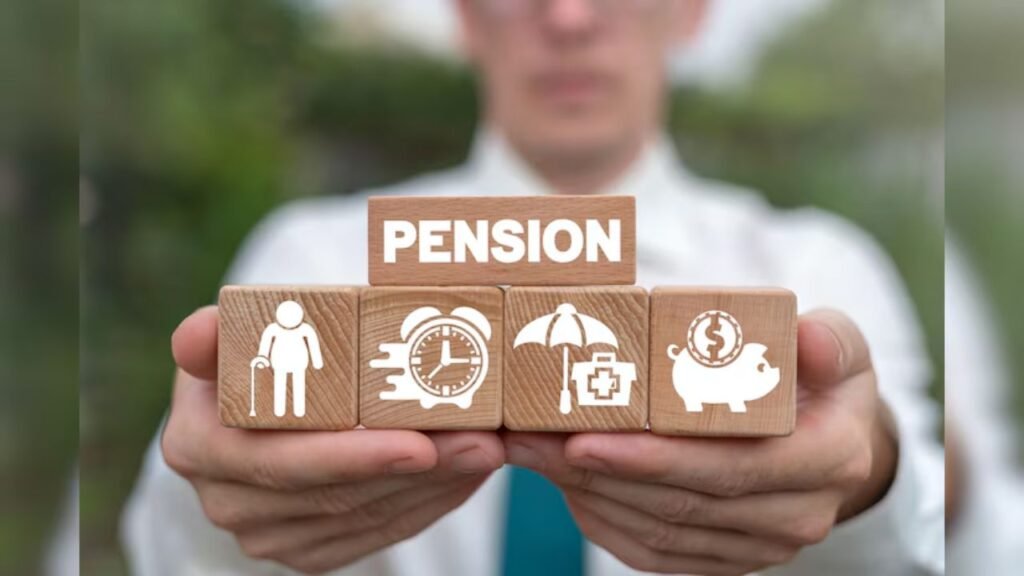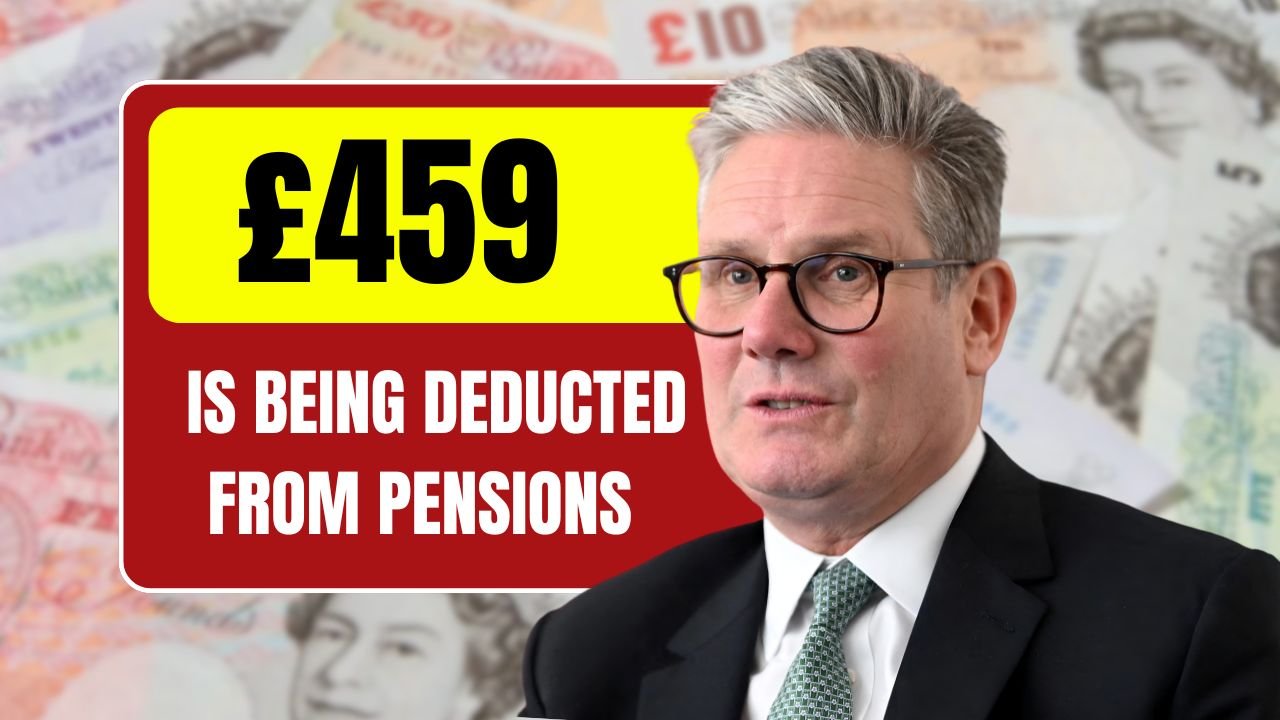A blow to the pocket has been recently come to many UK retirees. Given the reports, some pensioners have been left in confusion and concerned since the state pensions cut is as high as 459.
Although not every pensioner can be concerned with this cut, those people counting on the low income are concerned. In this article, we are going to know why this cut is in progress, when such cut is applicable and what affected pensioners need to do.
Why is there a £459 cut?
This flat-rate and permanent cut. As a matter of fact, it is an amendment being undertaken under special circumstances following changes in pension calculations, recovery of extra payments or a change in eligibility.
These could be reasons for deductions:
- Changes in personal savings or income
- Failure to report changes in lifestyle or spouse’s situation
- Payment of more pension credit or housing support at a previous time
- Errors in calculations made by the DWP which have now been corrected
Normally, the DWP will issue a letter explaining the reason why such deduction is being made and how it will be claimed.
How much money is being deducted and how?
The £459 amount is often not deducted all at once but is gradually recovered over several months so that the pensioner is not overburdened all at once. The following table gives a sample of the potential deductions:
| Total deduction | Estimated monthly deduction | Recovery period |
|---|---|---|
| £459 | £38.25 | 12 months |
| £459 | £76.50 | 6 months |
| £459 | £114.75 | 4 months |
This time will also be determined by whether the pensioner wins a favorable financial position as well as the consensus with the DWP.
What should affected pensioners do?

In case you are a pensioner and received a letter on the deduction issue, you should first read it and compare it to the related receipts of your last payments. In case you think the deduction is not right or just, contact the Pension Service or any other nearby Benefits Adviser as soon as possible.
Some other important steps:
- Apply for support schemes such as Council Tax Reduction
- Keep the necessary documents ready in case of any appeal
- Request a change in the terms of payment if the financial situation is bad
Many pensioners have appealed in such cases and have also received relief.
How to avoid deductions in future?
In order to prevent any additional reductions, pensioners should mention about the changes in the level of their financial welfare, marriage or housing conditions to the DWP at the first signs in time.
Precautions that will help:
- Keep a record of every financial change
- Regularly update the documents you hold
- Keep verifying the information you give to the DWP
Such transparency can help avoid any further recovery.
Conclusion
The 459 reduction of pension is not binding on everybody but this has become a big issue to those involved.
Key points in brief:
- This deduction is only applicable in special cases
- Previous overpayments, changes in income or calculation errors by the DWP are the main reasons
- Affected pensioners have the right to appeal and seek recourse
- Timely reporting and documentation verification can help avoid deductions
It is good to have financial stability during the retirement period. Consequently, the following recommendations are offered to the pensioners: they should be attentive about their own benefits and rely on professional help when necessary.
In case you have got one of such letters, do not panic, find out the right information, take actions, and take the best out of your pension.
FAQs
Q1. Why has £459 been deducted from my pension?
The deduction is usually due to overpayments, income reassessment, or changes in eligibility for means-tested benefits.
Q2. Is the £459 deduction applied all at once?
No, it is often spread over several months to reduce financial pressure on the pensioner.
Q3. Can I appeal the pension deduction?
Yes, you can appeal if you believe the deduction is incorrect by contacting the Pension Service or a local benefits adviser.
Q4. How do I know if the deduction is correct?
Check the letter from the DWP against your past payment records and seek guidance if anything seems wrong.
Q5. How can I avoid future deductions?
Report any changes in your income, savings, or living situation promptly to the DWP to avoid overpayments.


